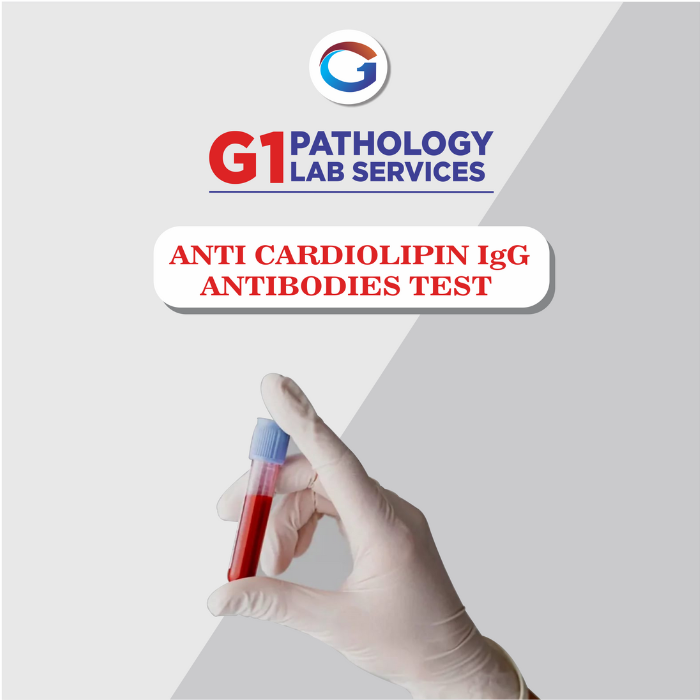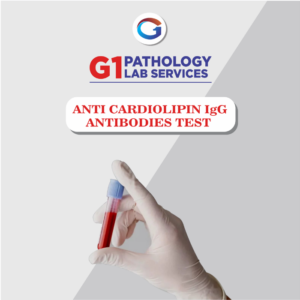Cardiolipin antibodies are useful in identifying patients with an increased risk of thrombosis, recurrent spontaneous abortions and phospholipid antibody syndrome. Cardiolipin antibody IgG is the most sensitive but the least specific antibody. Cardiolipin is a component of the inner mitochondrial membrane, accounting for roughly 20% of total lipid content. It is present in the membranes of the majority of bacteria. Cardiolipin (CL) is located in the inner mitochondrial membrane in mammalian cells. Its unusual structure is responsible for many of its actions. Cardiolipin has more fatty acids than most other phospholipids. It is cone-shaped because of the fatty acids, which allow it to interact with a kind of protein. Cardiolipin’s structure can also vary, allowing it to adapt to diverse forms. It is required for the organization of specific mitochondrial structures such as cristae and contact sites. It regulates mitochondrial proteins such as electron transport complexes, carrier proteins, and phosphate kinases. In the blood, this type of phospholipid aids in blood clotting. Blood clots can arise when antibodies attack cardiolipin. In this process, platelets that aid in blood clotting also undergo depletion, resulting in bleeding issues. People with irregular blood coagulation, autoimmune illnesses including systemic lupus erythematosus (SLE), or frequent miscarriages have high levels of these antibodies. Cardiolipin antibodies can be found in three different classes in the blood: IgG, IgM, and IgA. IgG and IgM are the two most typically tested antibodies. If these tests come out negative and clinical suspicions remain, IgA cardiolipin antibody testing may be requested. The doctor will prescribe a Cardiolipin IgG test to those who frequently experience abnormal blood clotting or bleeding. For those who have experienced a lot of miscarriages, a Cardiolipin IgG test helps the doctor to figure out the cause. Cardiolipin antibodies are seen in the blood of persons with autoimmune illnesses like SLE, and this test could be used to aid in the diagnosis of this condition. A Cardiolipin antibodies test examines your blood for a specific type of antibody. An antibody is a protein found in your blood that aids in the fight against illness. Cardiolipin antibody syndrome occurs when high levels of Cardiolipin antibodies are discovered in persons who have frequent abortions, deep vein thrombosis, or other problems. Other names of cardiolipin IgG Cardiolipin antibodies IgG Anticardiolipin ACL antibody IgG Anticardiolipin Antibodies IgG
Shopping Cart







Reviews
There are no reviews yet.